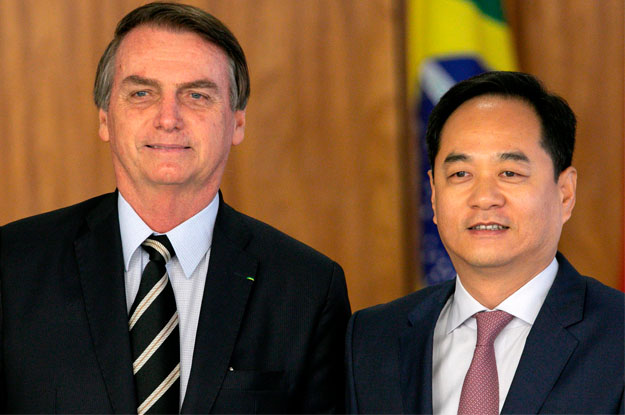This article is adapted from AQ’s latest issue on China and Latin America
Although the future of China’s engagement with Latin America seems bright, many Chinese politicians and academics have been somewhat pessimistic about the recent stunning comeback of the Latin American right. The recently elected president of Brazil, Jair Bolsonaro, has gladly accepted the moniker of the Brazilian Trump. The presidents of Argentina and Chile, Mauricio Macri and Sebastián Piñera, are business moguls-turned-politicians who came into office with liberal economic strategies while praising the virtues of carrying business tactics into the job of governing.
For most Chinese, ideology does play a special role in their mindset. Many senior diplomatic officials got their start during the old days of the so-called pink tide, when many governments leaned left, and are not pleased by the current political environment in the region.
Whatever the case, it seems unlikely that Latin America’s newly elected right-wing governments will veer too far to the right, at least not too much on economic matters. In spite of whatever each country’s political system does, China should still keep its delicate relationships with those regional powers in Latin America, either politically or economically.
Meanwhile, the ideological affinity between China and Venezuela is one of the strategic elements of China’s foreign policy. Becoming friends with leftist governments sometimes drags China into endless trouble. The Venezuelan case is the best example. Although they noted the worrying trends in Venezuela, some Chinese researchers felt China’s economic and diplomatic interests would not be adversely affected because China needs a large quantity of Venezuelan oil and has the money to pay for it. Now Venezuela is in chaos, and President Nicolás Maduro finds his legitimacy challenged. As the China expert Matt Ferchen recently wrote in Diálogo Chino, “Venezuela remains an important test case for how Chinese researchers as well as government and business officials understand, or misunderstand, political risk in Latin America and beyond.”
China’s policies toward Latin America will have to adapt to new political realities in the region, in which the respective governments work together to create a mutually beneficial relationship and achieve common development.
—
Xu is an assistant professor at Renmin University of China and a research fellow of the National Academy of Development and Strategy, RUC








